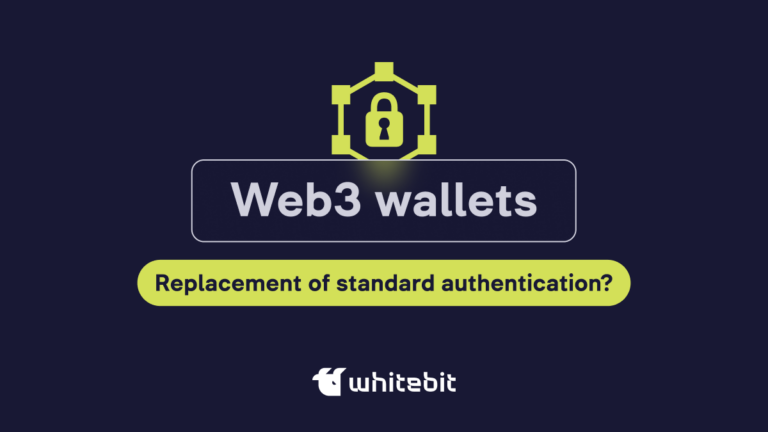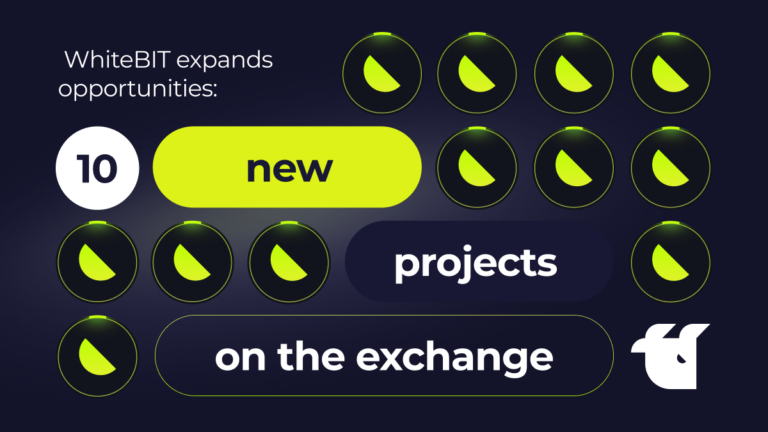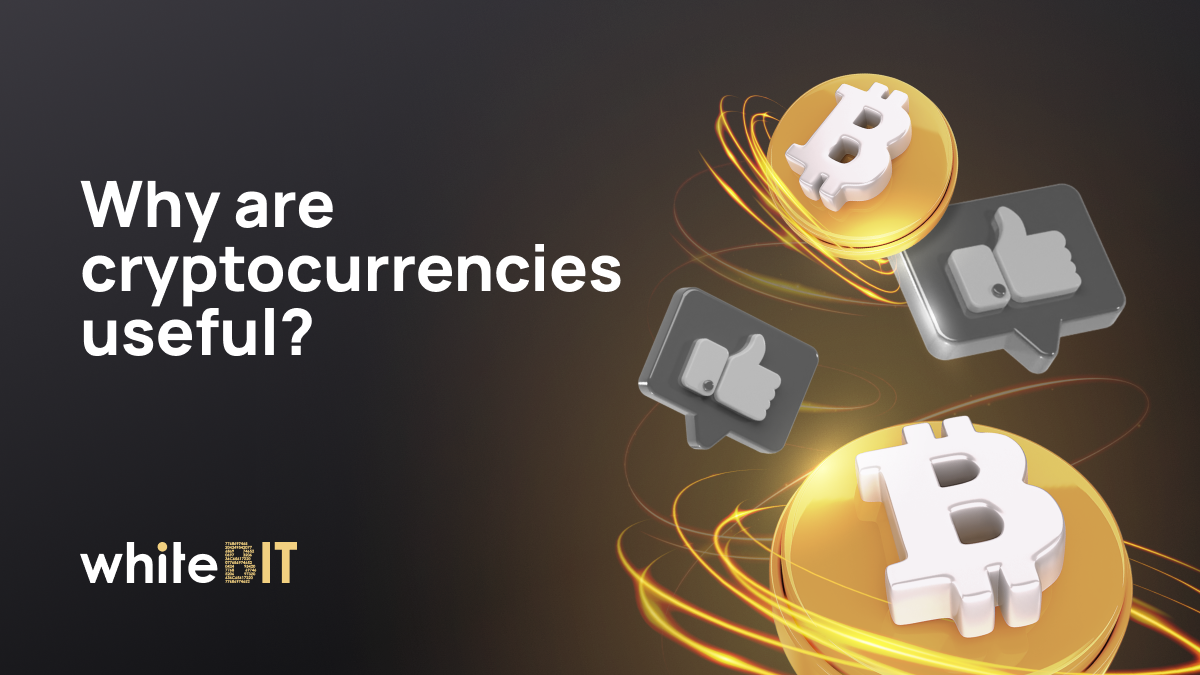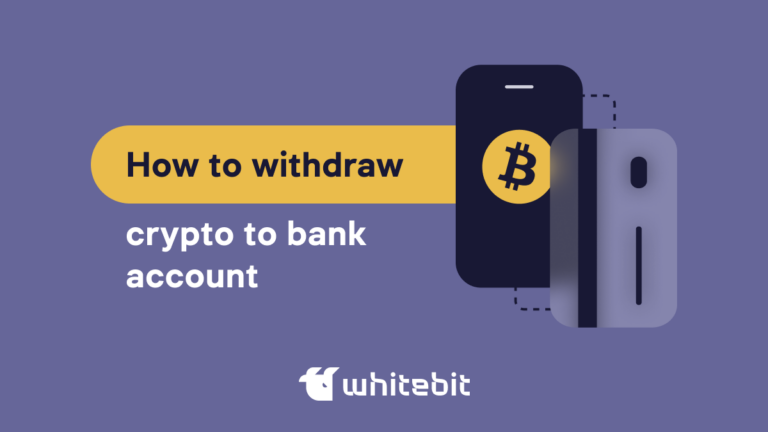Types of crypto wallets
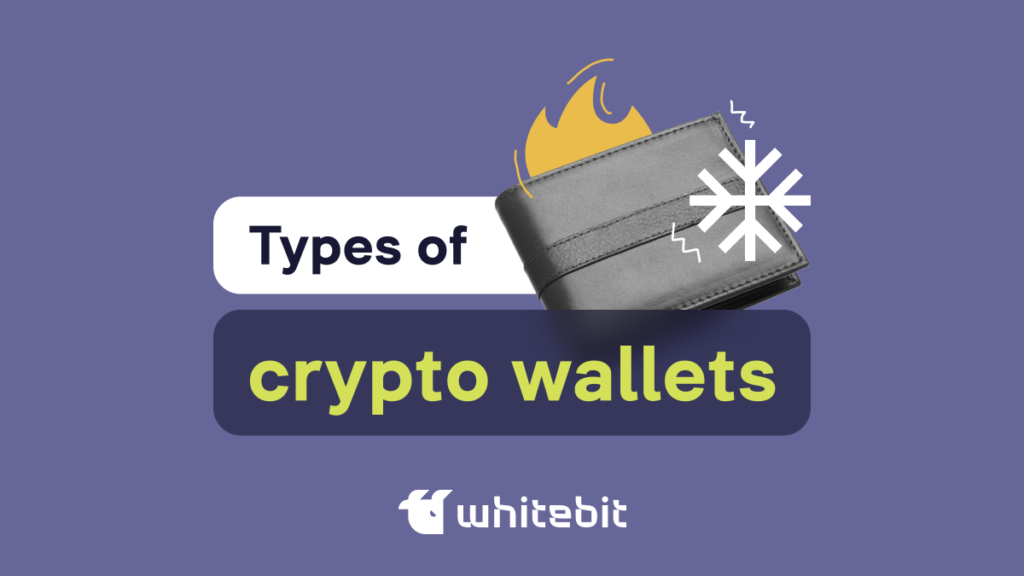
Content
If you are new to the world of cryptocurrencies, one of the first things you need to know is how to securely store your cryptocurrency. Unlike traditional currencies, digital assets are not stored in a bank account. Instead, an electronic wallet for crypto is used. This article will discuss a cryptocurrency wallet, the types of wallets, and how to choose the right one for your needs.
What is a crypto wallet?
A cryptocurrency wallet is a program that allows you to interact with a cryptocurrency on the blockchain. A crypto wallet lets you send and receive digital currency and control your balance. Cryptocurrency wallets store public and private keys for users (a user’s unique ID verification), providing a simple interface for managing cryptocurrency balances. A public key is available to all users. It is an address on the blockchain that allows you to receive transactions. A private key is the wallet owner’s digital signature confirming ownership of your public key. While a wallet address is not directly linked to a person’s identity, it is possible to trace transactions back to their source or destination. However, the level of anonymity varies depending on the type of wallet and the measures taken by the user to protect their identity.
Types of cryptocurrency wallets
Cryptocurrency wallets can be divided into two main groups, depending on how assets are stored:
- Hot (online) wallets;
- Cold (offline) wallets.
These two groups are further divided into several crypto wallet types. But let’s review everything in order.
Online cryptocurrency wallet
Online crypto wallets, also known as “hot” wallets, are connected to the internet and can be accessed through a web browser or a mobile/desktop application. To access your coins, you need an internet connection. Such personal wallets are often used by cryptocurrency exchanges or third-party providers.
Some of the most popular “hot” wallets crypto include:
- MetaMask — the most popular crypto wallet from ConsenSys. MetaMask supports storing, transferring, and exchanging cryptocurrencies, and NFTs issued on the Ethereum network or EVM-compatible blockchains. The wallet is used for interacting with decentralized applications (dApps), decentralized finance (DeFi) and conducting transactions on the Ethereum network;
- MEW (MyEtherWallet) — a multichain wallet that supports other networks compatible with Ethereum, including Ethereum Classic (ETC), BNB Chain (BNB) and Polygon (MATIC) so that users can manage their assets outside the Ethereum mainnet. MEW allows users to store, manage, and send digital assets directly from the web interface;
- Electrum — a desktop crypto wallet for Bitcoin that allows users to store and manage their Bitcoin funds, create wallet backups, and use cold storage;
- Exodus — a desktop wallet that supports over 260 cryptocurrencies and offers a user-friendly interface, built-in cryptocurrency exchange, and the ability to use cold storage;
- Trust Wallet — a multichain wallet that supports 65 blockchains, including Bitcoin, Ethereum, Tron, Ripple, and over 4.5 million cryptocurrencies and NFTs.
Hot wallets can be divided into three main types:
- Desktop wallets;
- Mobile wallets;
- Web wallets.
Let’s take a closer look at each of these types.
Desktop wallets
Desktop wallets are software downloaded and installed on a computer, allowing users to store and manage their cryptocurrency. Various types of desktop wallets are available, depending on their functionality and capabilities. Here are a few of the most popular:
- Full node wallets — these wallets download and maintain a full copy of the blockchain on the user’s computer. They offer the highest level of security and privacy but require a lot of storage space and processing power;
- Simple wallets — Simplified Payment Verification (SPV) wallets do not download the entire blockchain. Instead, they use a trusted node to verify transactions. They are faster and lighter than full-node wallets but sacrifice security and privacy;
- Multi crypto wallets are crypto wallet multiple currencies and allow users to manage them from one application;
- Web wallets — these wallets are accessible through a web browser and are typically hosted by a third party. They are convenient, but less secure than other types of wallets;
- Hybrid desktop/mobile wallets are explained as desktop and mobile devices, allowing users to access their funds from anywhere with an internet connection.
Mobile wallets
Mobile wallets are applications that can be downloaded and installed on a smartphone or tablet, which allow users to manage their cryptocurrency on the go. There are two main types of mobile wallets:
- Native mobile wallets are specifically designed for a particular mobile operating system, such as iOS or Android. They are usually available for download from the App Store or Google Play and optimized for mobile devices;
- Hybrid mobile wallets are designed to work on multiple platforms, such as desktop and mobile devices. They typically use a single set of code that can be compiled for different operating systems and offer a consistent user experience across other devices.
Web wallets
Web wallets can be accessed through a web browser and are often provided by cryptocurrency exchanges or third-party wallet providers. Here are a few examples of such crypto wallets:
- Hosted wallets are located on third-party service providers’ servers and allow users to access their funds through a web interface. Users cannot control their private keys, and the wallet’s security depends on the provider;
- Hybrid wallets combine the capabilities of web and desktop/mobile wallets. They allow users to access their funds from multiple devices, and private keys can be stored on the user’s device;
- Multisig wallets require multiple signatures from different parties to authorize transactions. They are helpful for businesses and organizations that require approval from various parties before making transactions;
- Decentralized web wallets work on decentralized applications (dApps), allowing users to control their private keys. They provide higher security and confidentiality than hosted wallets, but the user interface may need to be more convenient than other web wallets.
Offline crypto wallet
These wallets do not require a network connection to access your funds. Therefore, they are often referred to as cold wallets (cold/offline wallets). This is because they are considered to be less vulnerable to hacking attacks. However, hot wallets are cheaper, compared to wallets of this type.
Some of the most popular crypto wallets include the following offline wallets:
- Ledger Nano S Plus — an essential device for protecting your cryptocurrencies and NFTs and smoothly accessing the world of DeFi and Web3. Like the Ledger Nano S, the Nano S Plus is compatible with desktop computers and Android mobile devices via USB cable;
- Ledger Nano X — allows for secure management of more than 5500 coins and tokens, including Bitcoin, Ethereum, XRP, and many others. The wallet has wireless connectivity to mobile devices;
- Trezor Model T — the easiest-to-use wallet device with a big touchscreen display and support for more than 1000 cryptocurrencies;
- SecuX V20 — a device for storing more than 1000 cryptocurrencies with a large color screen and Bluetooth connectivity;
- KeepKey — supports more than 40 currencies and tokens and is considered one of the best options for beginners.
Cold wallets can come in the following forms:
- Hardware wallets;
- Paper wallets;
- Brain wallets.
Hardware wallets
Cryptocurrency hard wallets are physical devices that store your cryptocurrency offline and securely. These devices are typically connected to a computer or mobile device only when you need to make a transaction.
There are several types of crypto hard wallets:
- Crypto USB wallet. These wallets connect to your computer or another device via a USB port. They usually have a small display and buttons for confirming operations;
- Wireless wallets. These wallets connect to other devices via Bluetooth or NFC. They typically have larger screens and additional features;
- Smartphone wallets. These software applications are installed on your smartphone, allowing you to control your cryptocurrencies. They usually support different cryptocurrencies and may have additional security features like fingerprint or facial recognition.
Paper wallets
Paper wallets for cryptocurrency are physical documents that contain a private key and can be used to store cryptocurrency offline. They are often used as a backup for hardware or software wallets. On the one hand, they are generated offline and provide the highest level of security as they are not connected to the internet. However, on the other hand, they can be very vulnerable to physical damage or loss. So, if you plan to store your funds in such a wallet, you must ensure its security.
Brain wallets
Brain wallets are not a type of wallet, but rather a method of storing assets. They are the least reliable, as they rely on memorizing a passphrase instead of keeping a physical document.
Custodial and non-custodial wallets
Using a different classification, cryptocurrency wallets can be divided into custodial and non-custodial wallets based on how you control your private keys.
Hot wallets
Custodial hot wallet crypto is where a third-party provider, such as an exchange, manages your private keys for you. You do not have direct control over your private keys, and the provider is responsible for safeguarding your funds.
Non-custodial hot wallets allow you to manage your private keys using software or an application. However, you have complete control over your assets and are responsible for safeguarding your private keys.
Cold wallets
Custodial cold wallets are where the provider manages your private keys, but the cryptocurrency wallet is kept offline to ensure maximum security.
Non-custodial cold wallets allow you to manage your private keys using a hardware device or paper wallet crypto. You have complete control over your funds; your private keys are stored offline to ensure maximum security.
It’s worth noting that custodial wallets may be more convenient for beginners or those who want to avoid dealing with the responsibility of managing their private keys. Although they are generally considered less secure than non-custodial wallets, the provider may be a target for hacking attacks. Non-custodial wallets give you complete control over your funds but require more responsibility and technical knowledge.
How to choose a cryptocurrency wallet correctly?
Before choosing a top cryptocurrency wallet, several important factors from this list should be considered.
- Security
The main factor in choosing a cryptocurrency wallet is security. The safest crypto wallet should be reliable and protected from cyberattacks and theft. If you don’t plan on actively using your assets, then a cold wallet crypto is the best option for storage.
- Cost
The cost of the cryptocurrency wallet is also an essential factor for most users. Cold wallet cryptocurrency usually costs more than low fees hot wallets, but it is always necessary to analyze the price-quality ratio on the market.
- Compatibility
Choosing a cryptocurrency wallet that supports the cryptocurrencies you need is essential. A separate wallet may be compatible with many cryptocurrencies or may be created for a specific cryptocurrency.
- Ease of use
The cryptocurrency wallet should be lightweight and easy to use. In addition, the main interface should be intuitive, and functionality should be easily accessible.
- Support
User support is also an essential factor in choosing a cryptocurrency wallet. The best wallets provide fast and efficient support to solve users’ problems.
- Type of wallet
Each type of wallet has its advantages and disadvantages, and most importantly, the purpose for which it will be used. For example, you would choose a hot wallet cryptocurrency if you plan to frequently conduct cryptocurrency transactions.
FAQ
A cryptocurrency wallet is a software program or hardware device that allows users to store, manage, and send/receive cryptocurrencies. In addition, it keeps the private keys that enable users to access and manage their digital assets.
A cryptocurrency wallet generates and stores a private key, a unique code that enables users to access their digital assets. The wallet also generates a public key, which is used to receive funds. When a user sends a cryptocurrency, the wallet signs the transaction with the private key, which is then published to the network for verification.
A cold wallet crypto, a hardware wallet, is a physical device that stores cryptocurrency offline, making it less vulnerable to cyberattacks. It is considered a safer storage option than online wallets since it's not connected to the internet.
To secure your crypto wallet, use a strong password, enable two-factor authentication, and back up your wallet. Additionally, you should avoid sharing your private key with anyone and keep your hardware wallet safe.
You have complete control over your funds by storing cryptocurrency in a wallet. You can send and receive cryptocurrency without relying on third parties. Additionally, you can choose a wallet that fits your needs and preferences, such as a hot wallet for frequent transactions or a cold wallet for long-term storage.
There is no limit to the number of wallets a user can have. You can create as many wallets as you need to manage different cryptocurrencies and maintain control over your private keys. However, it is essential to note that the more wallets you have, the more difficult they may be to manage, increasing the risk of losing access to them.
If you lose your cryptocurrency wallet, you risk losing access to your assets. This is because the wallet stores the private keys necessary to access and manage the cryptocurrency. You cannot send cryptocurrency without private keys, and your funds will be effectively locked.
The process of recovering a lost cryptocurrency wallet and regaining access to your funds will depend on the type of wallet and how it is set up. For example, if you have a crypto hardware wallet, you can recover your funds by restoring the wallet using a seed phrase. However, if you have a software wallet or web wallet, you may need to seek assistance from the customer support service of the wallet provider.
However, if you lose your private keys and do not have a backup or recovery option, likely, your funds will not be recoverable.

